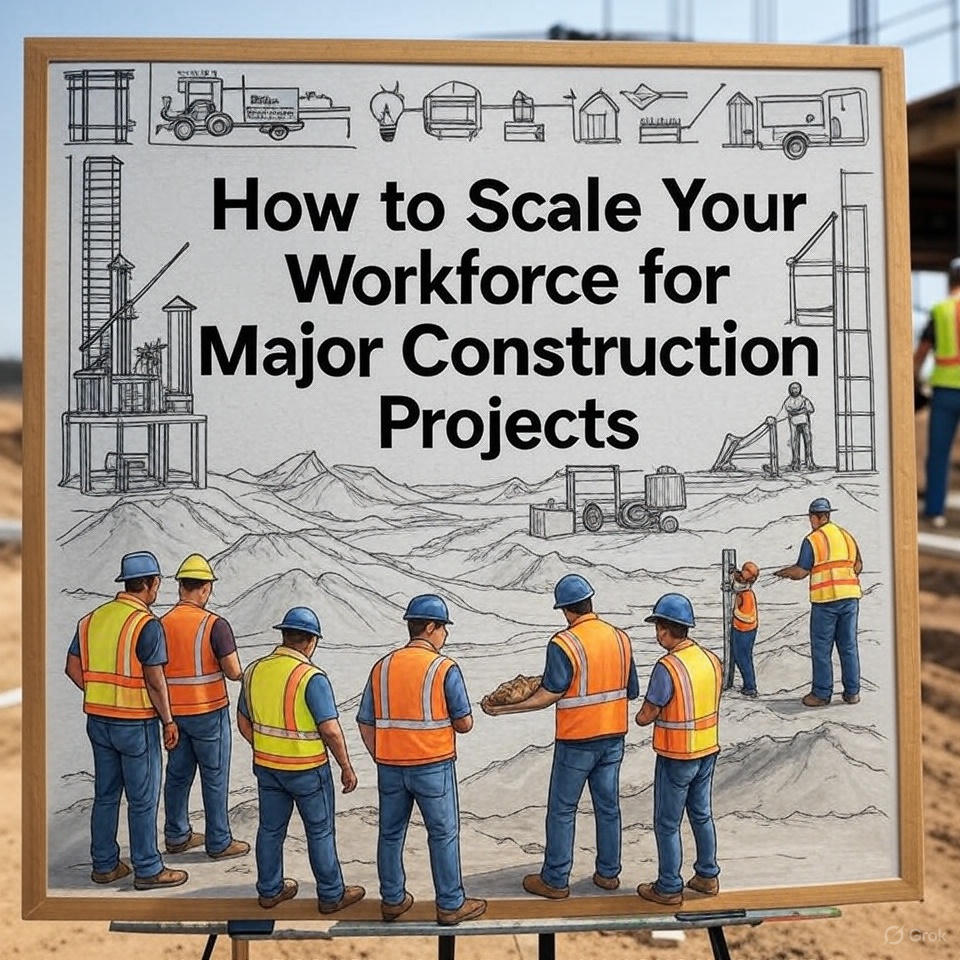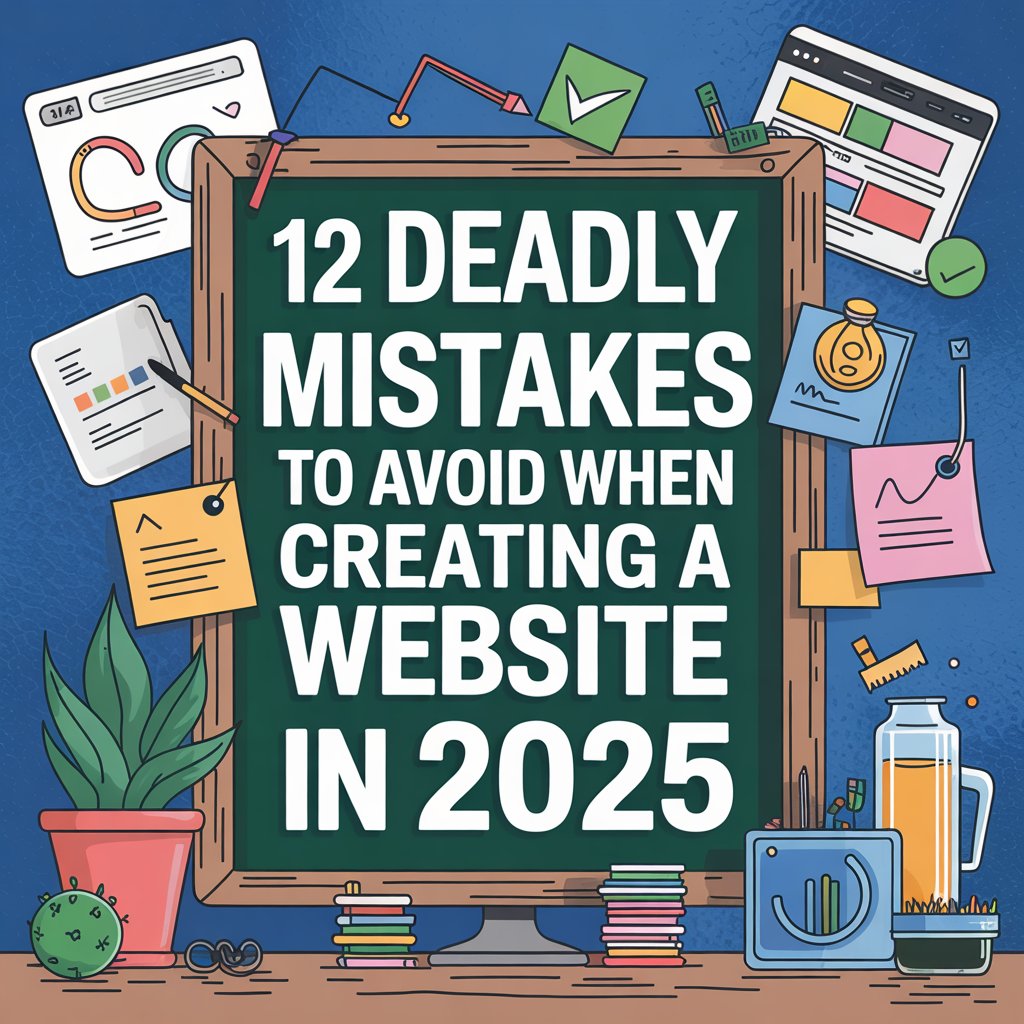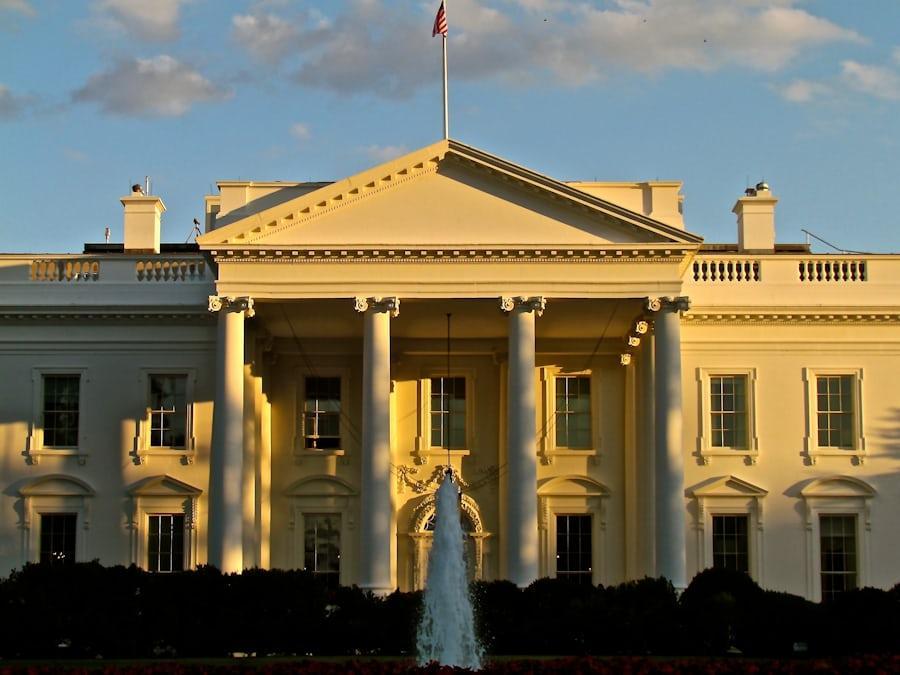When it comes to large-scale commercial construction projects, having the right team in place is essential. A skilled, dedicated workforce is often the difference between a successful project and one that faces delays, budget issues, or quality concerns. As construction projects grow in size and complexity, the ability to scale your workforce effectively becomes more important than ever.
Understanding Workforce Scaling Needs
In commercial construction, each project comes with its own unique set of challenges. One project might require a large crew of general laborers, while another might call for a handful of highly specialized tradespeople. Whether you’re working on a commercial building, a retail space, or an industrial facility, being able to scale your workforce based on the specific needs of each project is key.
But how do you determine the right workforce for the job?
1. Assessing the Project’s Workforce Requirements
The first step in scaling your workforce is understanding the needs of the project. What specific skills are required? Is there a need for heavy machinery operators or workers with specialized experience in areas like electrical or plumbing systems? Are there sustainability goals or specialized building techniques involved?
Consider the following:
- Size of the project: Large projects often require specialized teams for different stages. You’ll need workers who can handle everything from site preparation to finishing.
- Timeframe: Projects with tight deadlines may require more workers, especially skilled labor, to ensure things stay on track.
- Complexity of the work: Highly complex projects may require experts in niche fields such as HVAC systems, sustainable construction practices, or advanced technology integration.
By assessing these factors early on, you can get a better idea of how many workers you’ll need and what specific skills they should have.
2. Streamlining the Hiring Process
Once you have a clear picture of the project’s workforce needs, the next step is hiring. For larger projects, hiring can become a lengthy and complex process. Sorting through dozens or even hundreds of resumes can be a time-consuming task, especially when you need to find highly specialized talent on short notice.
This is where a staffing agency can make a real difference. A staffing agency that specializes in commercial construction, like SST commercial construction staffing, can help you find qualified candidates faster. They have access to a large pool of workers with the right skills and can quickly connect you with the talent you need. Whether you need general laborers or highly specialized workers, staffing agencies can streamline the process and save you valuable time.
3. Using Temporary and Contract Workers
Another effective way to scale your workforce is by hiring temporary or contract workers. This is especially useful for projects that have fluctuating needs or that require additional labor during peak periods. Temporary workers offer the flexibility to expand your team when necessary without committing to long-term contracts.
Hiring temporary workers also helps keep costs manageable. You can bring in extra help during high-demand phases and reduce the workforce once the workload eases. Plus, if a worker gets sick, leaves unexpectedly, or takes time off, staffing agencies can provide replacements quickly, ensuring that your project stays on track.
4. Prioritizing Safety and Compliance
In construction, safety isn’t just a priority — it’s a requirement. The larger the workforce, the more crucial it becomes to ensure that all workers are properly trained and adhere to safety protocols. The last thing you want is for a safety incident to slow down your project, create liability issues, or harm workers.
Before scaling your workforce, make sure everyone is up-to-date on safety certifications, local regulations, and any specialized training they might need. This is particularly important if your project involves hazardous materials or heavy machinery. A staffing agency can help ensure that the workers they provide are not only qualified but also compliant with all necessary safety regulations.
5. Building a Positive Work Culture
When you’re managing a large workforce, it’s important to foster a positive work environment. Scaling doesn’t just mean adding more workers; it’s about making sure your team works well together. A positive, collaborative work culture can make all the difference in project efficiency, safety, and worker satisfaction.
Encourage open communication, provide regular feedback, and make sure workers feel supported. When workers are motivated and engaged, they’re more likely to produce quality work and stick to deadlines. A strong work culture can also help reduce turnover, which can be a major challenge on large projects.
6. Managing Workforce Turnover
Workforce turnover is a common concern in the construction industry. Workers may leave for various reasons, including better job opportunities, personal issues, or seasonal employment. High turnover can lead to delays, as new workers need to be hired and trained to take over tasks left behind.
To manage turnover effectively, it’s important to have a strategy in place. One way to reduce turnover is to work with a staffing agency that has a steady pool of qualified candidates. A staffing agency can provide ongoing access to skilled workers, ensuring that you have replacements lined up in case someone leaves the project. This consistency helps maintain productivity and minimizes disruptions.
7. Leveraging Technology for Workforce Management
Technology can play a huge role in managing and scaling a workforce efficiently. Using project management software, scheduling tools, and communication platforms can help you coordinate your team more effectively. These tools allow you to track worker hours, manage labor costs, and monitor project progress in real time.
Technology can also help you spot potential issues before they arise. If certain workers are falling behind or need additional training, you can address these issues early and avoid bigger problems down the line. By using technology to manage your workforce, you can keep everything running smoothly.
Conclusion
Scaling your workforce for large commercial construction projects is about more than just hiring more people. It’s about hiring the right people at the right time and ensuring they have the skills and support they need to succeed. By assessing project needs, using staffing agencies, prioritizing safety, and fostering a positive work culture, you can scale your workforce efficiently and keep your project on track.
Staffing agencies can be invaluable partners in this process, helping you find qualified workers quickly and ensuring you have the right talent at every stage of your project. Whether you need temporary help or long-term staff, a staffing agency can help you manage the complexities of workforce scaling and ensure your project runs smoothly.






